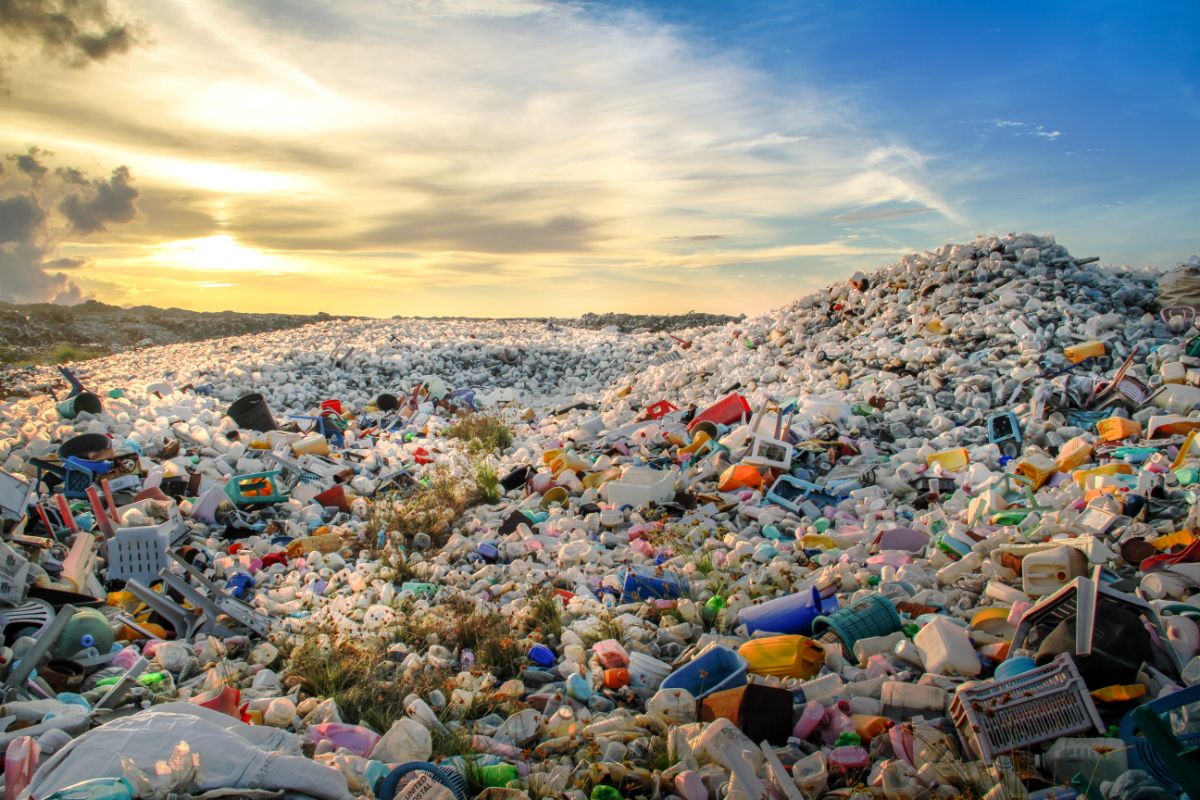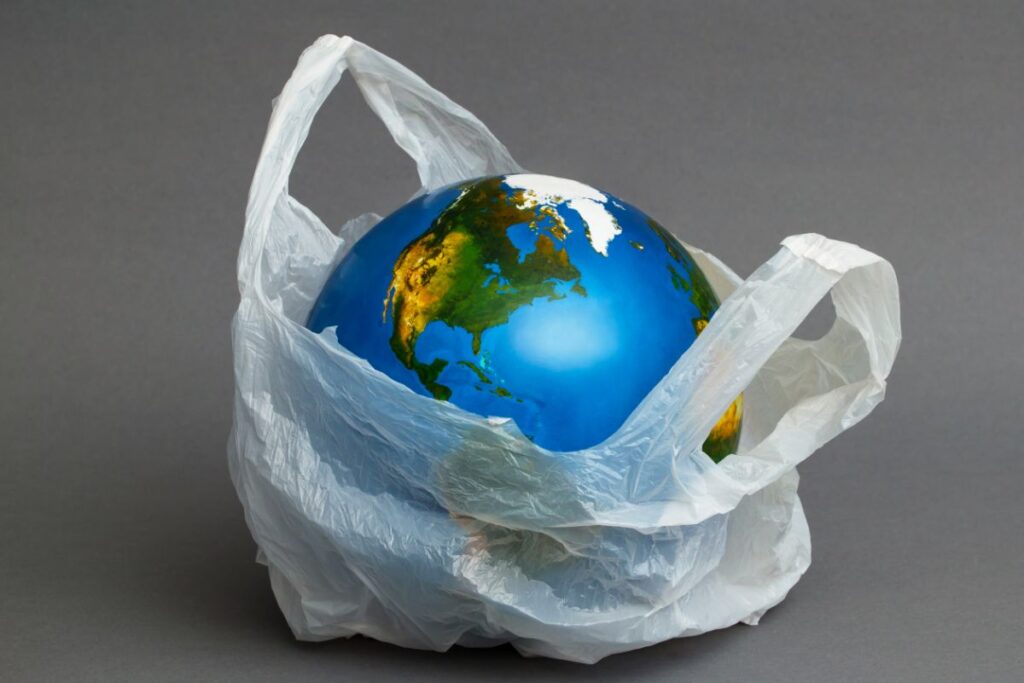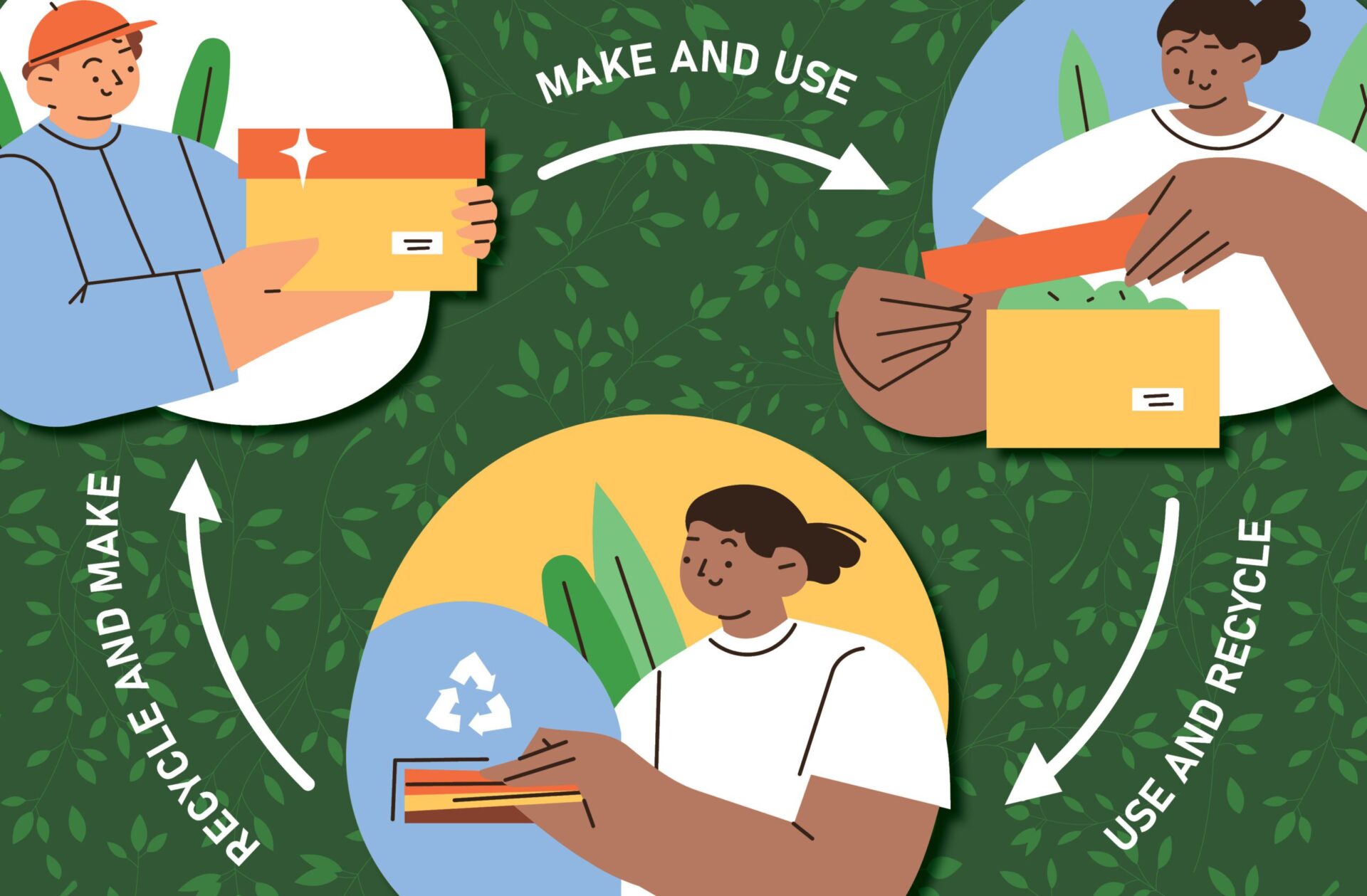
Plastic pollution is one of the biggest global crises. It has infiltrated every corner of our planet. Whether it’s the highest mountains or the deepest oceans, plastic waste is present everywhere. And it’s not just in the nature. Microplastics have found their way into the food we eat and even the water we drink. Plastic pollution is not only harmful to our planet but also to our health. The scale of the plastic problem is so huge that it demands urgent action on a global level.
The proposed global plastics is a landmark agreement which will aim to reduce plastic pollution and its impact on human and environmental health. But, how will it do so? It aims to reduce the production of single-use plastics, improve plastic waste management systems, and promote sustainable practices. The treaty will be legally binding to hold nations accountable and ensure international cooperation. However, its success will depend on how well it is implemented and other factors.
Let’s find out.
The Scale of the Problem
Shockingly, the majority of the plastic produced is for single-use only. These single-use plastics are used briefly but remain in the environment for centuries. The world produced 367 million metric tons of plastic waste in 2020. This number is set to increase significantly in the coming years. By 2025, there will be enough plastic in the ocean to cover 5% of the earth’s entire surface in cling film each year. The impact of plastic pollution is visible across the globe, causing significant harm to natural ecosystems.
The widespread use of plastics across industries complicates regulation efforts. With only 9% of plastic currently being recycled, regulatory measures must be comprehensive and enforceable to be effective. Plastic’s ubiquitous nature only means the majority of it will end up in natural environments when it should really end up in landfills or incinerators.
Historical Context and Recent Developments

Global plastic treaties have seen success and faced challenges. The Montreal Protocol is one of the most effective and successful examples of global cooperation. Its implementation led to the phasing out of 99% ozone-depleting substances (ODSs), reducing greenhouse gas emissions by the equivalent of 135 gigatons of CO2. It’s estimated it will save almost 2 million people from skin cancer each year by 2030. The Paris Agreement on climate change, on the other hand, still faces significant hurdles in achieving its ambitious and groundbreaking goals.
The momentum towards a global plastic treat has gained immense traction in recent years. In the future, the Intergovernmental Negotiating Committee (INC) sessions will shape the framework of this global treaty. It will explore a more holistic approach to tackling plastic pollution. It will also address the entire lifecycle of plastics, starting from production until disposal. The INC sessions will highlight the urgent need for a global plastics treaty that’s legally binding. It will help ensure effective implementation and accountability across countries.
Key Provisions of the Proposed Treaty
The proposed global plastics treaty will aim to tackle plastic pollution by accomplishing the following key objectives.
- The main goal will be to reduce the production of single-use plastic. It will involve coming up with alternative solutions. Industries will also be encouraged to adopt more sustainable materials and practices.
- The next goal will aim to standardize definitions, methods, and measures across all countries. It will help establish transparency and consistency in global efforts to tackle plastic pollution.
- The global plastics treaty will also include provisions to fight the disproportionate impact of plastic pollution on lower-income countries. It will offer financial assistance to support countries in developing effective plastic waste management systems. These initiatives will also help them move towards more sustainable practices.
- Lastly, the global treaty will emphasize the legally binding nature of it. It will ensure the effectiveness of the treaty by requiring countries to comply with the agreed-upon regulations and actions to reduce plastic pollution.
Stakeholder Perspectives and Challenges
Different perspectives and viewpoints from different stakeholders, including the government, environmentalists, industry leaders, etc., will be crucial in shaping the framework of the global plastics treaty.
Environmentalists will aim for more stringent measures to reduce plastic pollution and waste. They emphasize the significant impact of plastic pollution on the environment, individual health, etc. With ambitious targets, they would aim for meaningful actions to curb plastic pollution at all levels.
The government will play the most important role in implementing and enforcing the global plastics treaty. They are more likely to be under pressure to satisfy both environmental groups and industrialists. Thus, the government would have to balance economic interests with environmental protection. Their situation will be further complicated by the level of international cooperation, or its lack, thereof. It can also be complicated by different priorities for different nations based on their economic conditions.
Lastly, industrialists will focus more on a balanced approach that facilitates both innovation and economic development. They are more likely to suggest investments in technologies to improve recycling. They can also advocate for developing biodegradable plastics, instead of imposing strict restrictions on the production of plastics. They may argue that it’ll impact jobs and profits.
Potential Impact of the Treaty
The global plastics treaty can significantly impact consumer behaviour and industrial practices. It may make it mandatory for businesses across different industries to adopt sustainable practices. It will ensure innovation in production methods and disposal of plastic waste.
It may help consumers change their purchasing habits. New regulations and more awareness may help them switch to products produced with sustainable materials, minimal or no plastic packaging, and more.
However, the success of the global plastics treaty will significantly depend on the lessons learned from previous agreements, including the ones that succeeded and the ones on the edge of failing miserably. Its success will also depend on how it’s implemented across nations and whether its mechanisms are strong enough to ensure accountability and compliance.
Critical Success Factors for the Treaty
Several factors will determine the success of the global plastics treaty. The most common ones include adaptability, global cooperation, and public awareness and education.
The global treaty should incorporate new technological advancements in materials and how to address emerging forms of plastic pollution. It should also consider the fact that different countries will have different capacities to meet the targets of the treaty.
Making more people aware of the impact of plastic pollution will go a long way in driving support for regulations. When communities are engaged and stakeholders are involved, it makes it difficult for governments to not implement, enforce, and comply with the treaty.
Lastly, countries working together and supporting each other in implementing the provisions of the global plastics treaty will be paramount.
Conclusion
It goes without saying that the global plastics treaty is crucial. The current plastic pollution crises demand meaningful action. Though it has the potential to drive significant positive change, its success will hinge on active participation by nations across the globe. Since plastic pollution is a global problem, the efforts required to fight should also be collective and global. The global plastics treaty offers a promising solution. However, only unwavering commitment from the global community will truly make a difference.

Prachi, an accomplished Chief-Editor at The Sustainable Brands Journal, has 15+ years of experience in Europe, the Middle East, and India, managing 90+ global sustainable brands. She’s a prolific writer in sustainability, contributing to various publications. Prachi’s unwavering passion and expertise make her a recognized authority, driving positive change and inspiring a sustainable future.





